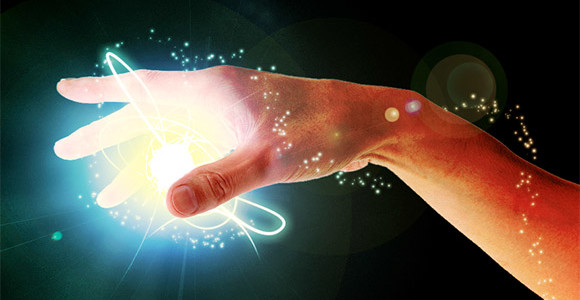Confidential Music – View From The Voyager (Interstellar – Trailer Music) – MythFusion



Collective EvolutionA great clip of Rainn Wilson talking about what he believes to be the coming "spiritual" revolution." Some great words here. Posted by Collective Evolution on Tuesday, May 12, 2015


It has been written about before, over and over again, but cannot be emphasized enough. The world of quantum physics is an eerie one, one that sheds light on the truth about our world in ways that challenge the existing…

In the 19th Century, Baha’u’llah—a prisoner in an obscure outpost of the Ottoman Empire—audaciously wrote to the world’s foremost political and religious leaders, offering them what he called “The Most Great Peace.” He wrote: O kings of the earth! We…